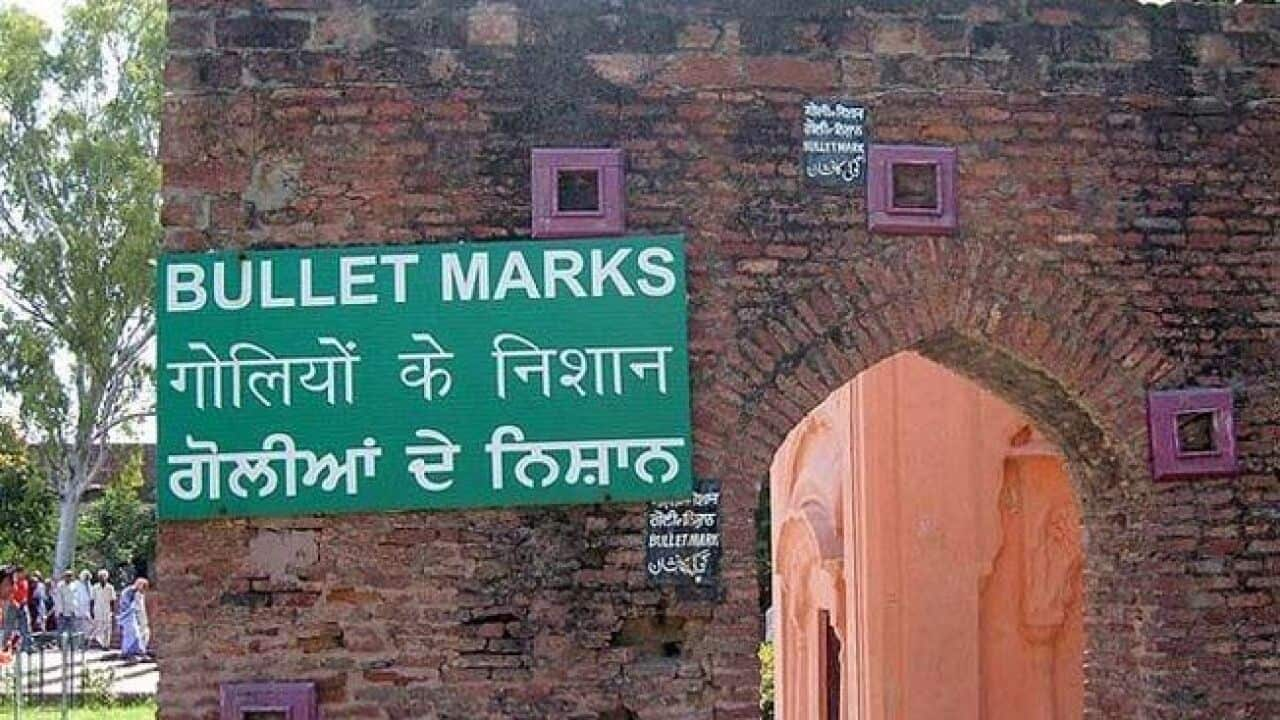A hundred years after the Jallianwala Bagh tragedy, the British government is reportedly mulling on issuing a statement of ‘deep regret’ during a House of Commons debate, scheduled later for today.
The Punjabi diaspora is hoping that the debate titled ‘Jallianwala Bagh massacre’, secured by Conservative MP Bob Blackman would set the stage for a proper apology, a century after the tragedy.
Mounting further pressure, the Punjab Assembly in Chandigarh has unanimously passed a resolution, seeking an apology from the British government.
“It is high time for India to prevail upon the British government to tender an apology to assuage the bruised psyche of our countrymen and the Indian diaspora across the globe,” said Brahm Mohindra, Punjab’s Parliamentary Affairs Minister, who moved the resolution.
However, it is being widely anticipated that the British government may well again stop short by expressing ‘regret’ as it has done in the past, but may carefully avoid making an actual apology.
Timeline of UK’s expression of ‘regret’ over the years:
Over the years, many British leaders have raised the issue and have even visited the site of the tragedy, but each time have fallen short of offering an official apology.
Earlier this year, the British government had expressed that it has been “reflecting” on the long standing demand for an apology, during an Upper House debate, on February 19th.
At the time, Annabel Goldie, who holds the post of government whip and Baroness-in-waiting in the House of Lords had confirmed plans to mark the centenary of the tragedy “in the most appropriate and respectful way.”
She clarified that the reason that no subsequent government has tendered an apology is that the “governments have considered that history cannot be rewritten and it is important that we do not get trapped by the past.
In February 2013, the then Prime Minister of UK, David Cameron had expressed regret at the incident, during his visit to the Jallianwala Bagh.

UK Prime Minister David Cameron laying a wreath at the martyrs' memorial in Jallianwala Bagh. Source: SBS
And a similar sentiment was expressed by Queen Elizabeth II during her visit to the memorial in 1997. She said, “History cannot be rewritten, however much we might sometimes wish otherwise. It has its moments of sadness, as well as gladness. We must learn from the sadness and build on the gladness.”
According to historical records, the British troops under the command of Colonel Reginald Dyer had opened fire on several hundred peaceful demonstrators gathered at Jallianwala Bagh in Amritsar in the north Indian state of Punjab on April 13, 1919.


